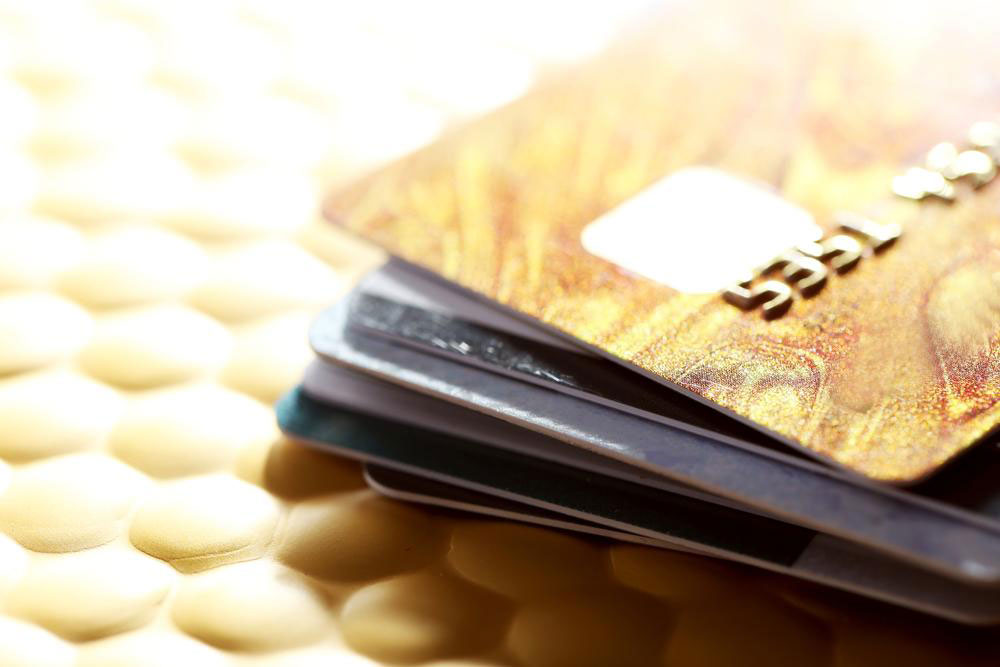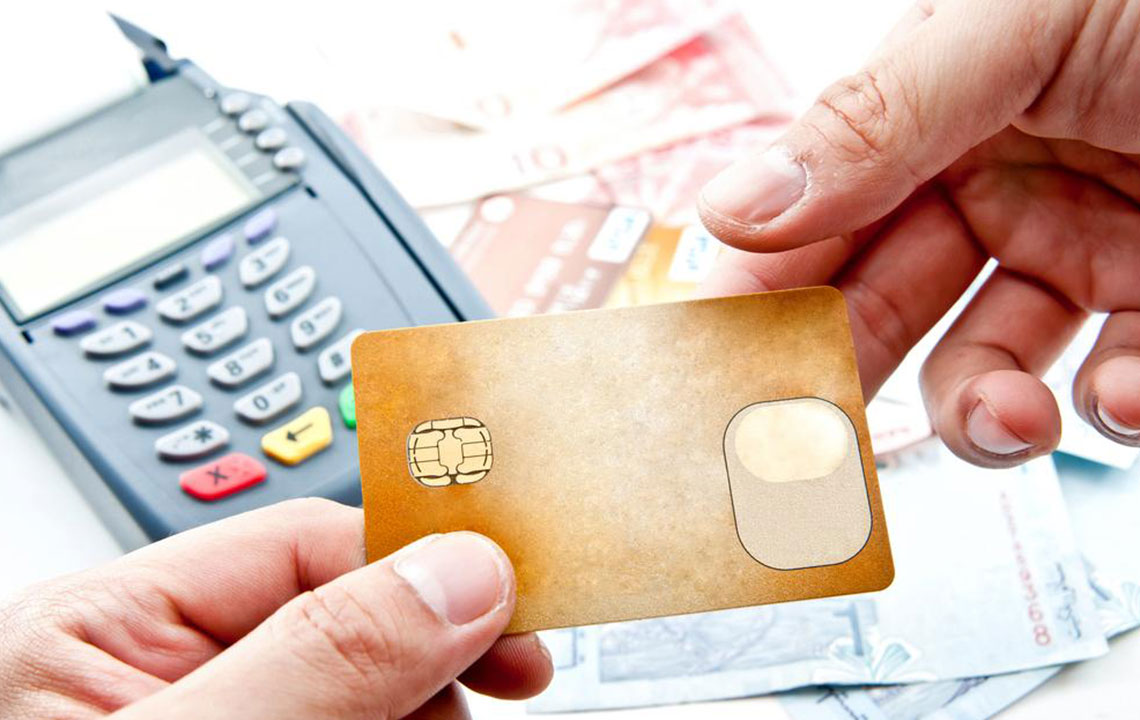Situations When It's Best to Avoid Using Your Credit Card
Learn when avoiding credit card use is wise. This article highlights key situations, like financial hardship and overspending, where refraining from credit card use can prevent debt and protect your credit score. Responsible use benefits those with discipline, but caution is advised for others to maintain healthy finances.
Sponsored

When Is It Not Advisable to Use Your Credit Card
Credit cards provide the convenience of making purchases with deferred payments. However, their benefits are maximized only when used responsibly. Impulsive spending beyond your financial capability or missed payments can lead to serious financial issues.
Financial experts recommend avoiding credit card use under certain circumstances. Here are key reasons why.
If you're struggling to cover your monthly bills, using your credit card just because cash is tight can worsen your debt situation and lead to high interest charges.
Accumulating debt on what you cannot pay off promptly can trap you in a cycle of rising interest and mounting balances.
If you're unable to pay your credit card balance in full or can only manage minimum payments, using your card might amplify your debt as interest accrues on the increasing balance.
Relying solely on a debit card prevents overspending because it only uses funds available in your account, making it a safer choice for those prone to overspending.
Using credit irresponsibly can result in steep fees for exceeding credit limits, sometimes surpassing the purchase amount. Continuous over-limit spending can damage your credit score, making future loans or financial aid more difficult to obtain. While responsible credit card use offers benefits, those lacking discipline should consider avoiding them to prevent financial strain.






